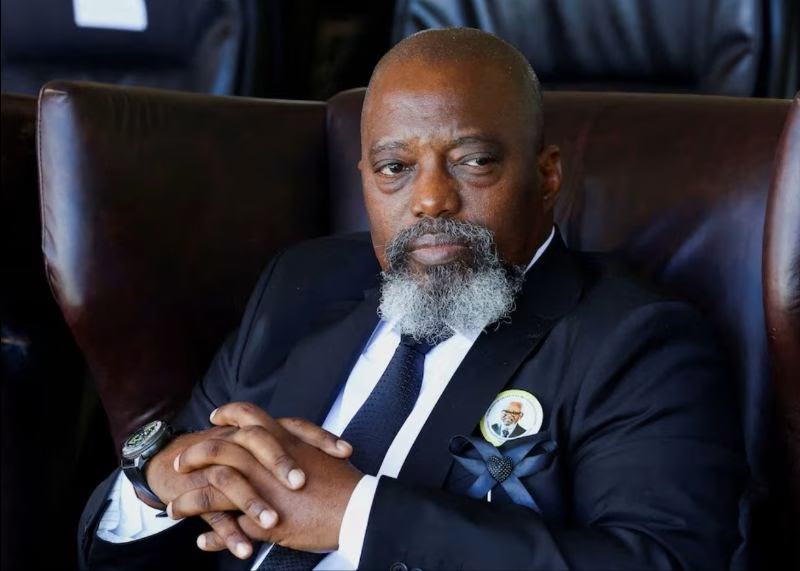In a shocking turn of events, Morocco, known for its captivating landscapes, ancient cities, and rich cultural heritage, was rocked by a rare and powerful earthquake on Friday night, leaving a profound impact on the nation and its people. The disaster, the most devastating in Morocco’s recent history, has prompted an outpouring of solidarity, highlighting both the nation’s resilience and the pressing need for global cooperation in times of crisis.
The Quake That Shattered Nightfall
On that fateful night, a magnitude-6.8 earthquake struck the High Atlas Mountains, sending shockwaves across the country. With its epicenter located approximately 72 kilometers southwest of the vibrant city of Marrakech, this seismic event was not only powerful but also uncommon, defying the region’s historical seismic stability.
Residents and tourists alike were caught off guard, abruptly awakened from their slumber as the earth trembled beneath them. Dishes clattered, wall hangings tumbled, and people were jolted from their beds. The extent of the destruction became heartbreakingly evident as the dawn broke over Morocco.
A Race Against Time: Rescue and Recovery Efforts
The earthquake unleashed chaos, toppling structures that were never designed to withstand such seismic forces. Stone and masonry walls crumbled, blanketing entire communities in rubble. Despite the monumental challenges, first responders and ordinary citizens demonstrated unwavering courage and determination as they worked tirelessly to rescue those trapped in the dusty ruins.
In the impoverished mountain community of Moulay Brahim, where homes constructed from clay and brick were left uninhabitable, a tent typically used for celebrations was repurposed as a shelter. Grief-stricken fathers consoled one another as they shared their losses, while doctors treated the wounded, pulling shards from people’s feet and treating surface wounds. As Hamza Lamghani, who lost five close friends, aptly put it, “There’s nothing to do but pray.”
Crisis in Marrakech and Beyond
In the heart of historic Marrakech, residents spilled into the streets, too fearful to re-enter potentially unstable buildings. Wrapped in blankets, they sought refuge under the open sky, their city forever altered by this seismic event. Marrakech’s iconic Koutoubia Mosque, a symbol of the city’s rich history, sustained damage, with the extent yet to be determined. The famous red walls that surround the old city, a UNESCO World Heritage site, also bore the scars of the earthquake.
Morocco’s Interior Ministry reported a devastating toll – at least 1,037 lives lost, predominantly in Marrakech and the surrounding provinces. An additional 1,204 individuals were injured, with 721 in critical condition. The nation grapples with the harsh reality that buildings, especially in areas where earthquakes are infrequent, are often ill-equipped to withstand such forces. Experts warn that the final death toll could potentially climb into the thousands as the extent of the disaster unfolds.
International Support and Morocco’s Resilience
In the face of this monumental tragedy, nations around the world have offered condolences and assistance. Turkey, which faced its own devastating earthquakes earlier in the year, extended a hand of support, as did France and Germany, home to significant Moroccan-origin populations. Ukraine and Russia expressed their solidarity with Morocco during this trying time.
Despite the international outpouring of support, Morocco’s King Mohammed VI ordered the deployment of armed forces, specialized search and rescue teams, and a surgical field hospital. However, formal requests for international assistance had yet to be made, a crucial step before external rescue teams could be dispatched.
A Glimpse into Morocco’s Past and Future
This earthquake serves as a stark reminder of the unpredictable nature of geological events and the importance of preparedness. While Morocco has experienced seismic events in the past, such as the 1960 Agadir earthquake, it highlights the ongoing need for robust building standards and disaster response protocols.
Yet, amid the devastation, Morocco’s people have shown remarkable resilience. Communities have come together to support one another, and heroes have emerged from the rubble, embodying the nation’s spirit.
As Morocco grapples with the aftermath of this rare and catastrophic earthquake, the world watches with empathy and solidarity. In the midst of the tragedy, there is hope that Morocco will emerge from this crisis stronger and more united than ever, a testament to the resilience and indomitable spirit of its people.
Some information in this story came from Reuters and AP.











